Tiaho Trust recently hosted a workshop run by the Electoral Commission to the disability community to promote the value of participating in the electoral process and demonstrating how easy this was to do.
Empowering people with information about voting gives them the confidence to not only participate in this process but also the ability to pass this knowledge on to others in their community.
Dr Helena Catt and Kirsten Chambers gave an interactive presentation to the disability community including representatives from provider groups and disabled people.
Jeni Claris, DPA Northland President spoke briefly how Government makes decisions that inevitably affect our day to day lives.
She said “If we want to bring about change; we need to participate in a process that decides who those people/party/parties will be”.
Key messages to the participants included:

- For the government to take notice of a marginalised group, they need to be politically active and vote.
- Participating in the political process is not only a right but also a responsibility. If you are eligible to enrol then it is law that you do so. Voting itself is not compulsory.
- Once the election date has been set by government, you can vote two and a half weeks prior to that date if you let them know that “It will be difficult for you to vote on Election Day”. No formal reason is required, it could be that you want to support a disabled family member to vote and Election Day does not suit, or you may have concerns about having to wait in a queue for too long.
- You can take a support person with you to help fill out the voting form as long as they are not telling you ‘who’ to vote for, please let election staff know. You can also ask one of the election staff to help you complete your voting form.
If you enrol by the time the election date is announced, you’ll receive an EasyVote pack about a week before Election Day. This pack will include information on:
- Where you can go to cast your vote – the polling places, this includes which voting places are accessible. Your local Returning Officer will have checked that there is parking close to the voting venue, physical accessibility and lighting. You may wish to check this out for yourself before you vote. If you have problems on the day please give feedback to the Returning Officer.
- How you can vote in advance if it’s going to be difficult for you on the day.
- Who’s standing for election.
- How MMP works.
The pack will also include an EasyVote voting card or a letter showing your name, address and the electorate for which you’re enrolled. This means you do not have to say your name when you register, just hand over your card. (NOTE: You can still vote without it).

Many people do not vote because they are daunted by making a choice of who to vote for and do not want to make the wrong choice. Who you vote for is up to you. Most people support parties with policies which reflect their views. They vote for the party which most closely reflects their ideas and values.
There is no one right way to decide how to vote. What’s most important is that you have your say.
There are a number of ways you can find information that will assist you in making your voting choice. You can visit a political party’s website, check the news, ads and leaflets or go along to candidates meetings to help you choose.
Tiaho Trust will be posting more information running up to the general election.
For more information about the general elections, how to enrol etc please visit www.elections.org.nz or www.ivotenz.org.nz
